Will South Africa's genocide case against Israel stop war in Gaza?
The claim is 'tightly argued' but ICJ's rulings are often ignored

A free daily email with the biggest news stories of the day – and the best features from TheWeek.com
You are now subscribed
Your newsletter sign-up was successful
Israel will defend itself against South Africa's claim that it is committing "genocidal" acts in Gaza.
After Pretoria filed the case at the International Court of Justice (ICJ) in The Hague, Eylon Levy, a spokesperson for the Israeli government, told South African leaders that "history will judge you, and it will judge you without mercy".
The 84-page claim is "substantive", "tightly argued" and "only rarely strays from its chief necessary purpose of seeking to prove Israel's genocidal intent", wrote The Guardian's diplomatic editor Patrick Wintour.
The Week
Escape your echo chamber. Get the facts behind the news, plus analysis from multiple perspectives.

Sign up for The Week's Free Newsletters
From our morning news briefing to a weekly Good News Newsletter, get the best of The Week delivered directly to your inbox.
From our morning news briefing to a weekly Good News Newsletter, get the best of The Week delivered directly to your inbox.
Israel's decision to defend itself sets up a "high-stakes showdown before a panel of judges in the Great Hall of Justice" in the Dutch city, said The Associated Press. But with an estimated 22,400 people killed by Israel in the territory following the 7 October attacks by Hamas that killed 1,200 Israelis, can the case stop the war?
What the papers said
South Africa has requested that the ICJ declare "on an urgent basis that Israel is in breach of its obligations in terms of the Genocide Convention", and that Israel should "immediately cease all acts and measures in breach of those obligations and take a number of related actions".
The "genocidal actions" listed in the suit include "the killing of Palestinians in Gaza in large numbers, especially children; the destruction of their homes; their expulsion and displacement; as well as enforcing a blockade on food, water and medical assistance to the strip", said Al Jazeera.
They also include "measures preventing Palestinian births by destroying essential health services crucial for the survival of pregnant women and babies". Together, the claim argues, these measures are "intended to bring about their [Palestinians] destruction as a group".
A free daily email with the biggest news stories of the day – and the best features from TheWeek.com
But although the court's rulings are "intended to be binding", analysis by an American lawyer found that that the ICJ's measures have been respected in only 50% of cases, said Wintour. In the other 50%, including Ukraine v. Russia in 2022 and the Gambia's claims of genocide against Myanmar in 2020, the "losing state party simply defied the court".
Nevertheless, said Al Jazeera, while any rulings by the ICJ may have "little bearing on the war itself", a ruling in favour of South Africa and the Palestinians would "pile significant pressure on Israel's number one backer and de facto weapons depot – the US government".
But the White House has already condemned South Africa's move, describing the allegations in the claim as "meritless". National Security Council spokesperson John Kirby called the submission "counterproductive and completely without any basis in fact whatsoever", said The Independent.
The BBC added that while the ICJ does "not have the power to bring prosecutions", its opinions "carry weight with the UN and other international legal bodies".
What next?
Authorities in South Africa have confirmed that the ICJ has set an initial two-day hearing to begin on 11 January. "Our lawyers are currently preparing for this," wrote Clayson Monyela, spokesperson for South Africa's Department of International Relations and Cooperation, on social media.
Al Jazeera noted that proceedings "can take time – years, even", and pointed out that the court is "still deliberating on Gambia's case against Myanmar from 2019". The case will "probably drag on for years", agreed the Los Angeles Times.
South Africa's filing includes a request for the ICJ to urgently issue legally binding interim orders for Israel to "immediately suspend its military operations in and against Gaza". These orders, known as provisional measures, would remain while the case progresses. An order in this case could be delivered within weeks.
But with Israel promising to fight the case "to dispel South Africa's absurd blood libel", there are no signs of either side backing down.
Chas Newkey-Burden has been part of The Week Digital team for more than a decade and a journalist for 25 years, starting out on the irreverent football weekly 90 Minutes, before moving to lifestyle magazines Loaded and Attitude. He was a columnist for The Big Issue and landed a world exclusive with David Beckham that became the weekly magazine’s bestselling issue. He now writes regularly for The Guardian, The Telegraph, The Independent, Metro, FourFourTwo and the i new site. He is also the author of a number of non-fiction books.
-
 Switzerland could vote to cap its population
Switzerland could vote to cap its populationUnder the Radar Swiss People’s Party proposes referendum on radical anti-immigration measure to limit residents to 10 million
-
 Political cartoons for February 15
Political cartoons for February 15Cartoons Sunday's political cartoons include political ventriloquism, Europe in the middle, and more
-
 The broken water companies failing England and Wales
The broken water companies failing England and WalesExplainer With rising bills, deteriorating river health and a lack of investment, regulators face an uphill battle to stabilise the industry
-
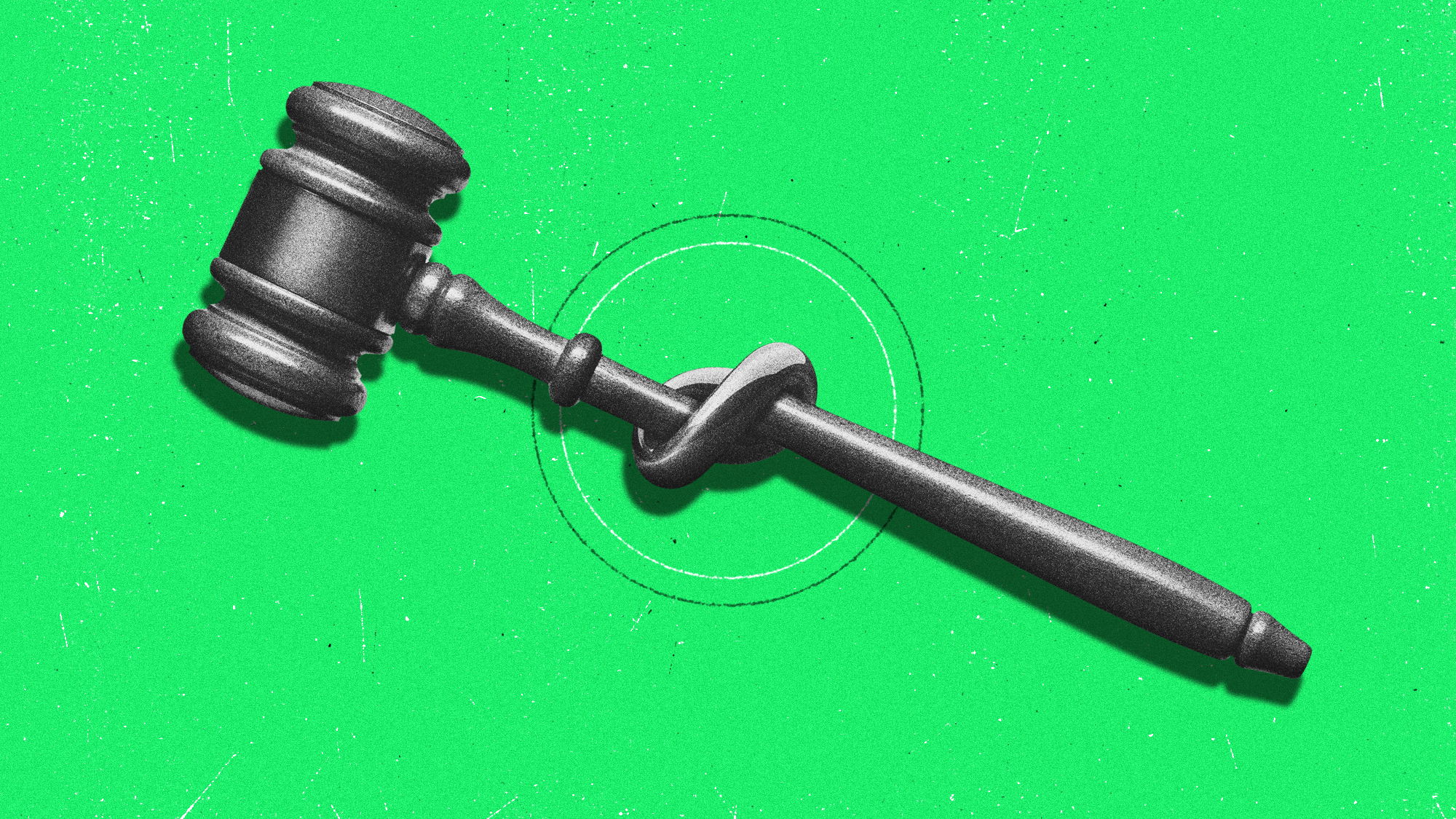 ICC under attack: can court continue to function?
ICC under attack: can court continue to function?Today's Big Question US sanctions 'designed not only to intimidate court officials and staff' but 'also to chill broader cooperation', say rights group
-
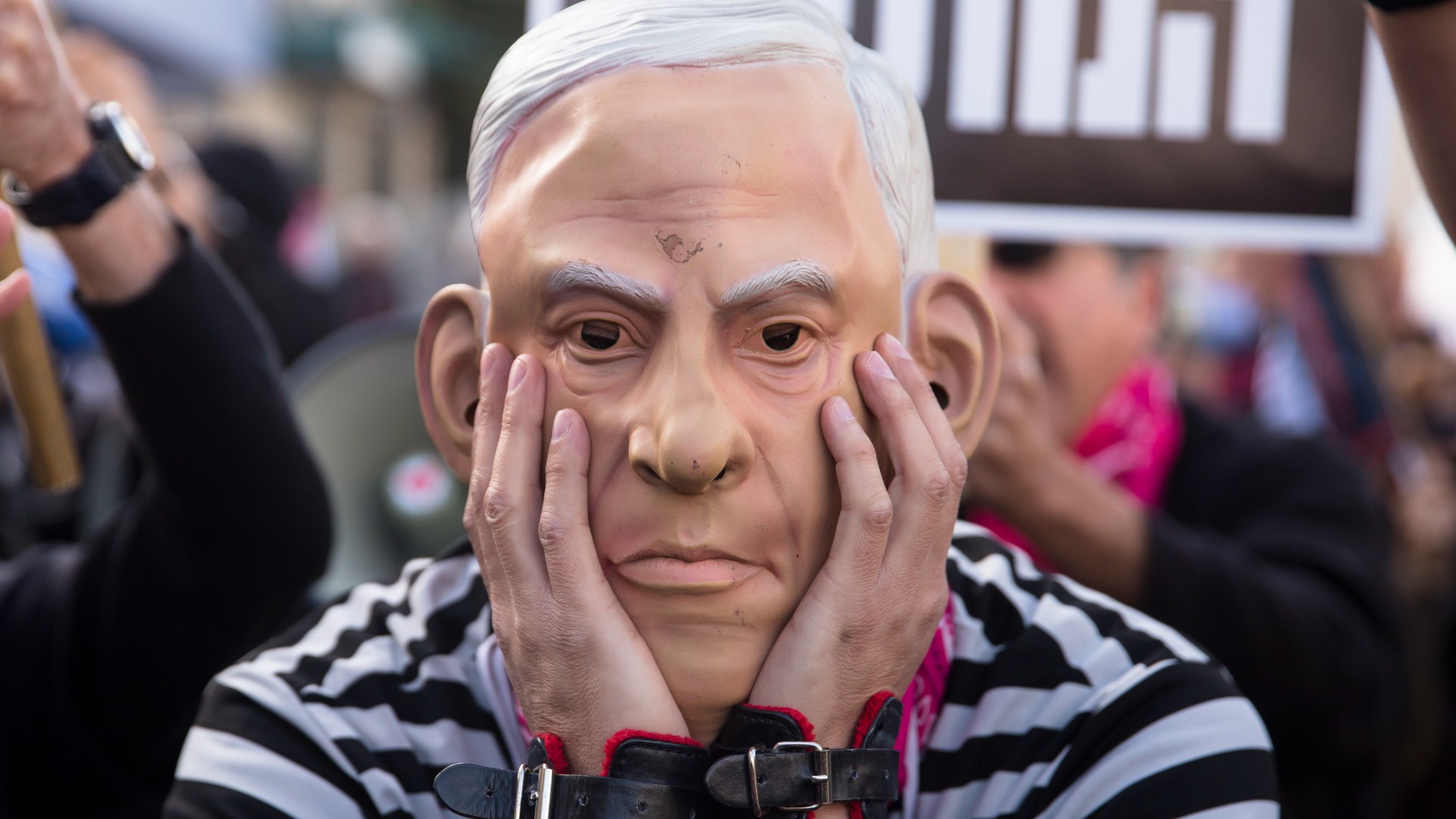 'Libel and lies': Benjamin Netanyahu's corruption trial
'Libel and lies': Benjamin Netanyahu's corruption trialThe Explainer Israeli PM takes the stand on charges his supporters say are cooked up by a 'liberal deep state'
-
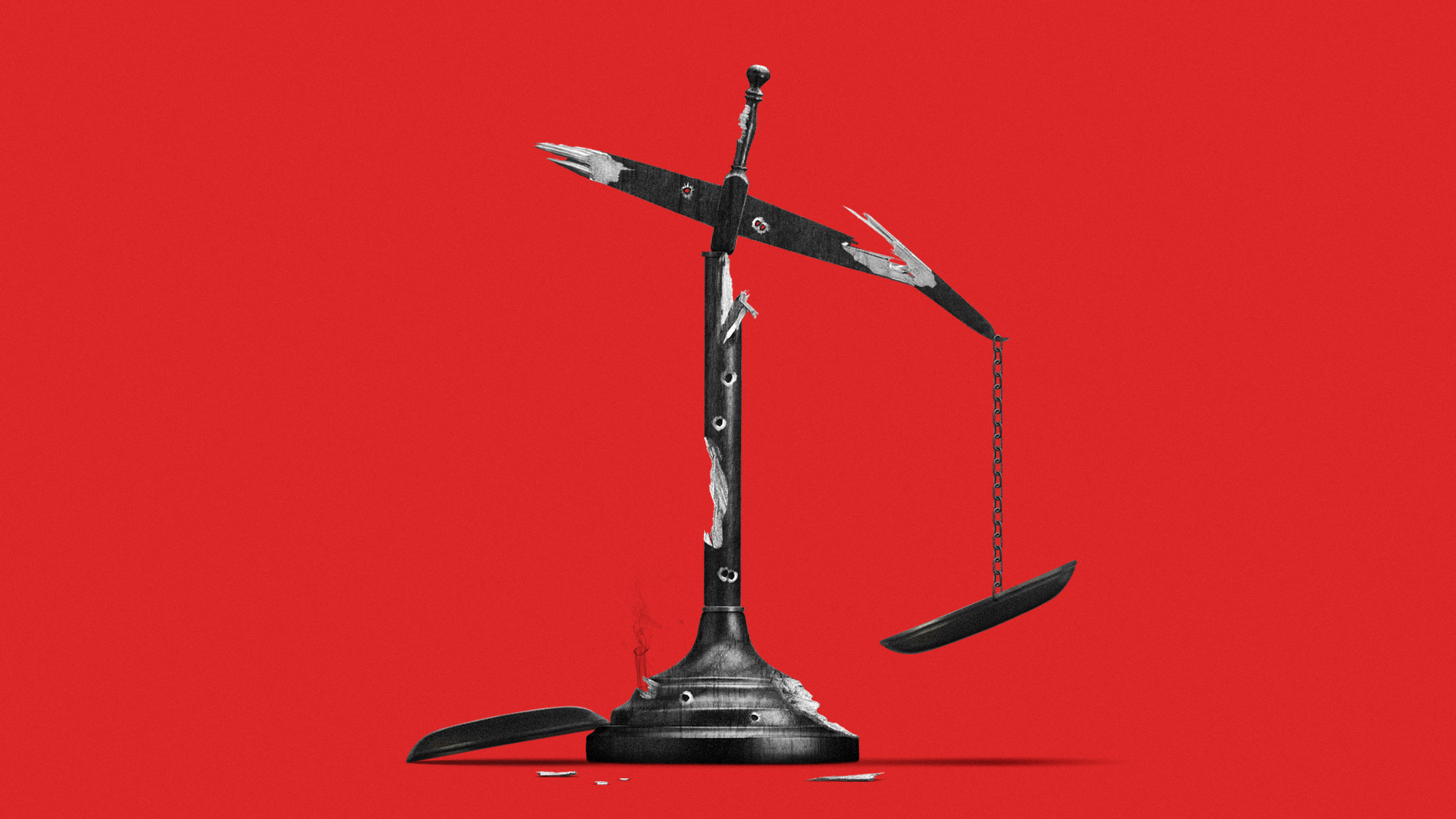 Is international law falling apart?
Is international law falling apart?Today's Big Question Conflict in Gaza is testing the strength of the two intergovernmental courts in The Hague
-
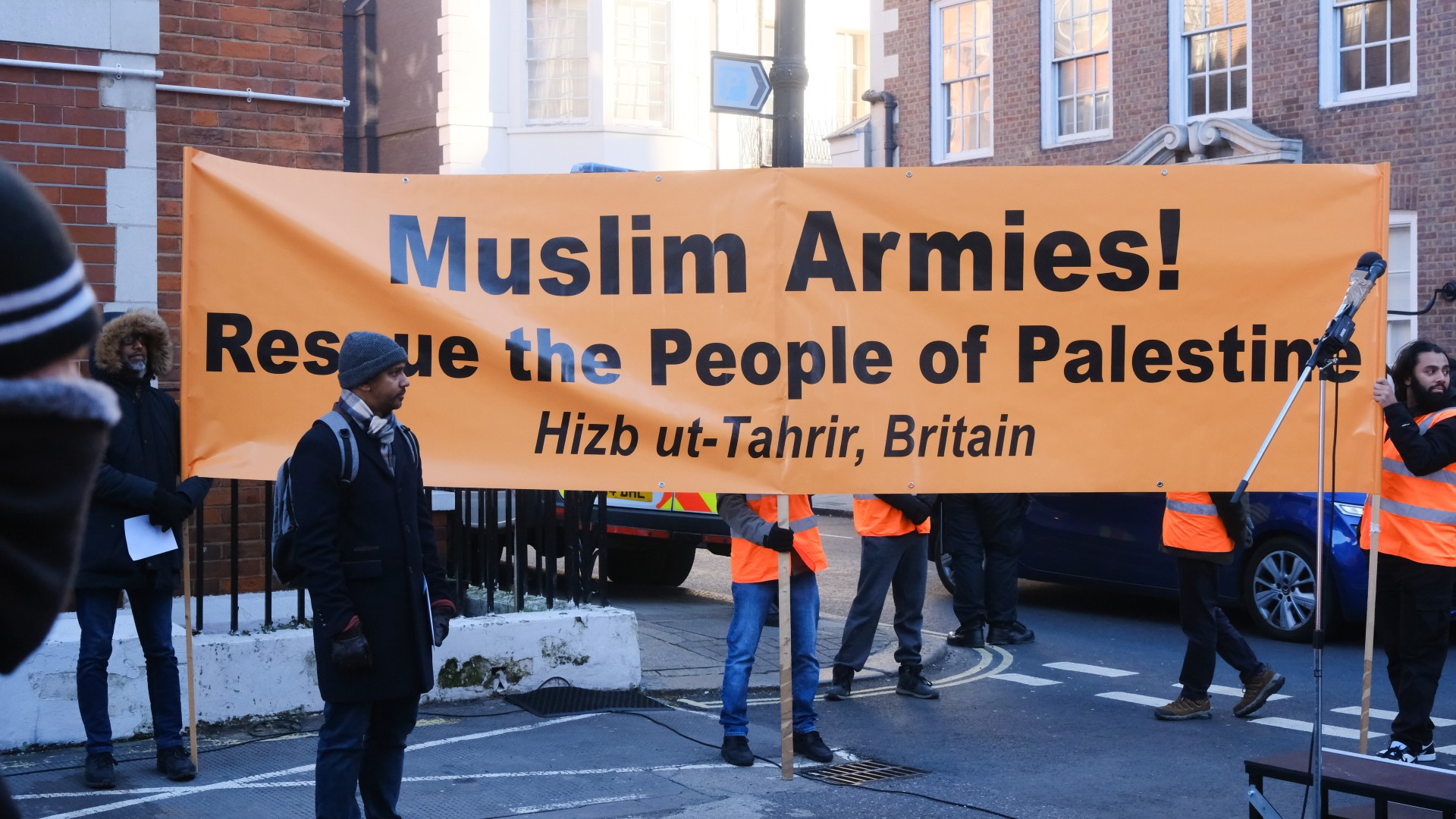 Hizb ut-Tahrir: the Islamist group set to be banned by home secretary
Hizb ut-Tahrir: the Islamist group set to be banned by home secretaryIn the Spotlight 'Party of liberation' that aims to re-establish the Islamic Caliphate to be proscribed a 'terrorist organisation' this week
-
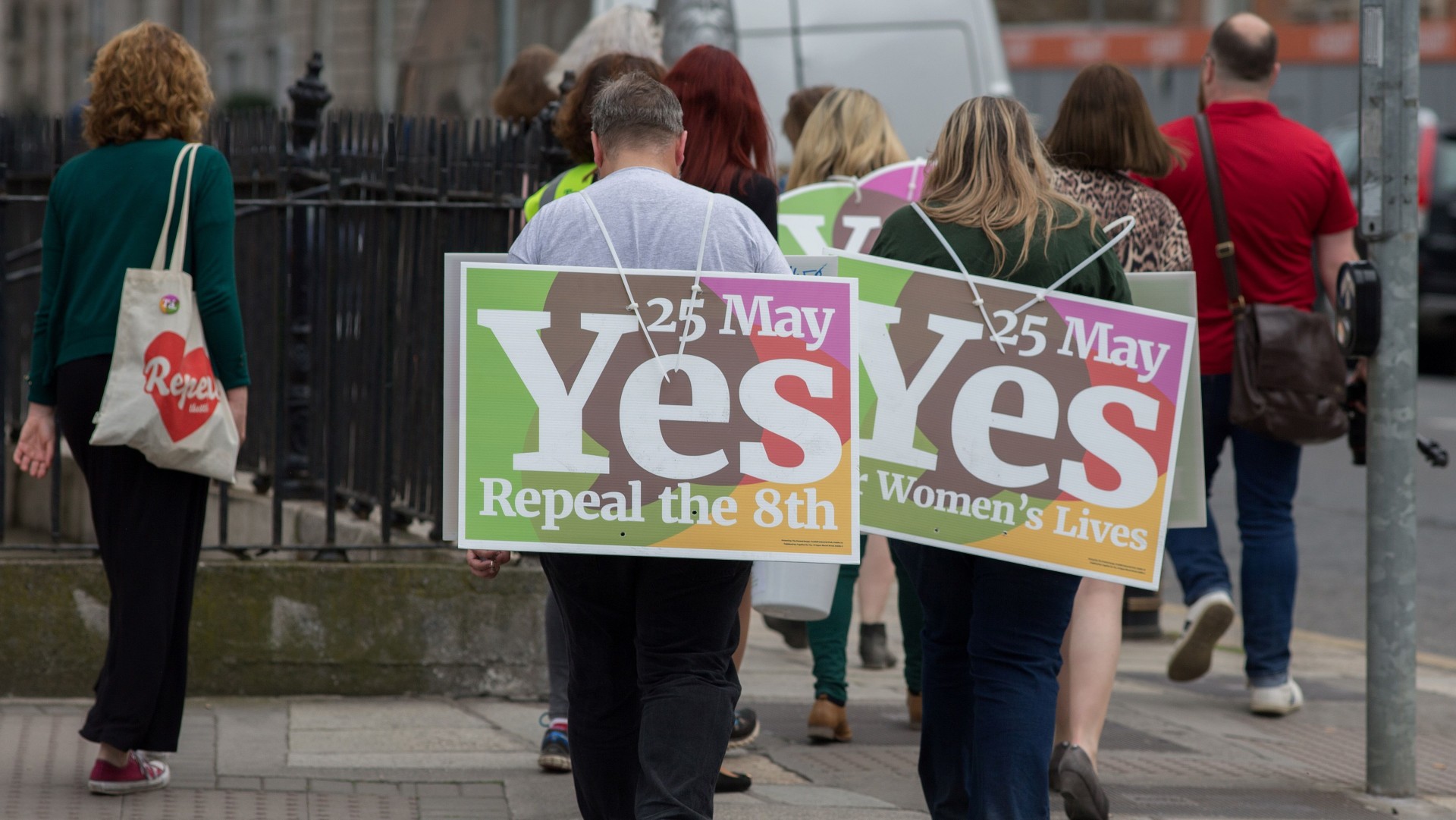 Repeal the Eighth: how have abortion services changed in Ireland five years on?
Repeal the Eighth: how have abortion services changed in Ireland five years on?Today's Big Question Report finds access is still limited and unequal, but proposed legislation changes may be delayed
-
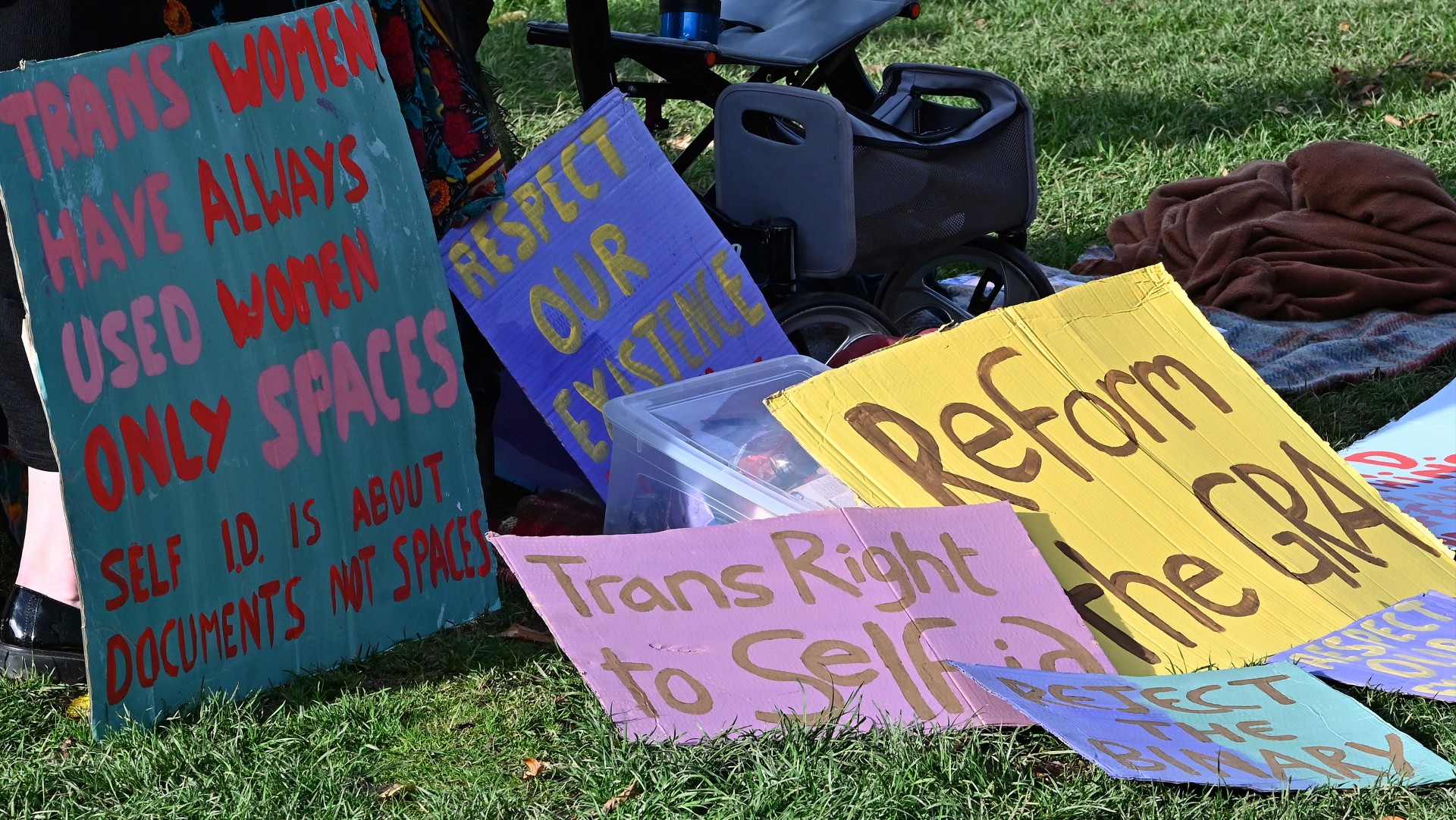 Battle of Britain: will Rishi Sunak block Scotland’s gender recognition law?
Battle of Britain: will Rishi Sunak block Scotland’s gender recognition law?Today's Big Question Prime minister reportedly set to use constitutional ‘nuclear option’ in showdown with Holyrood over the legislation
-
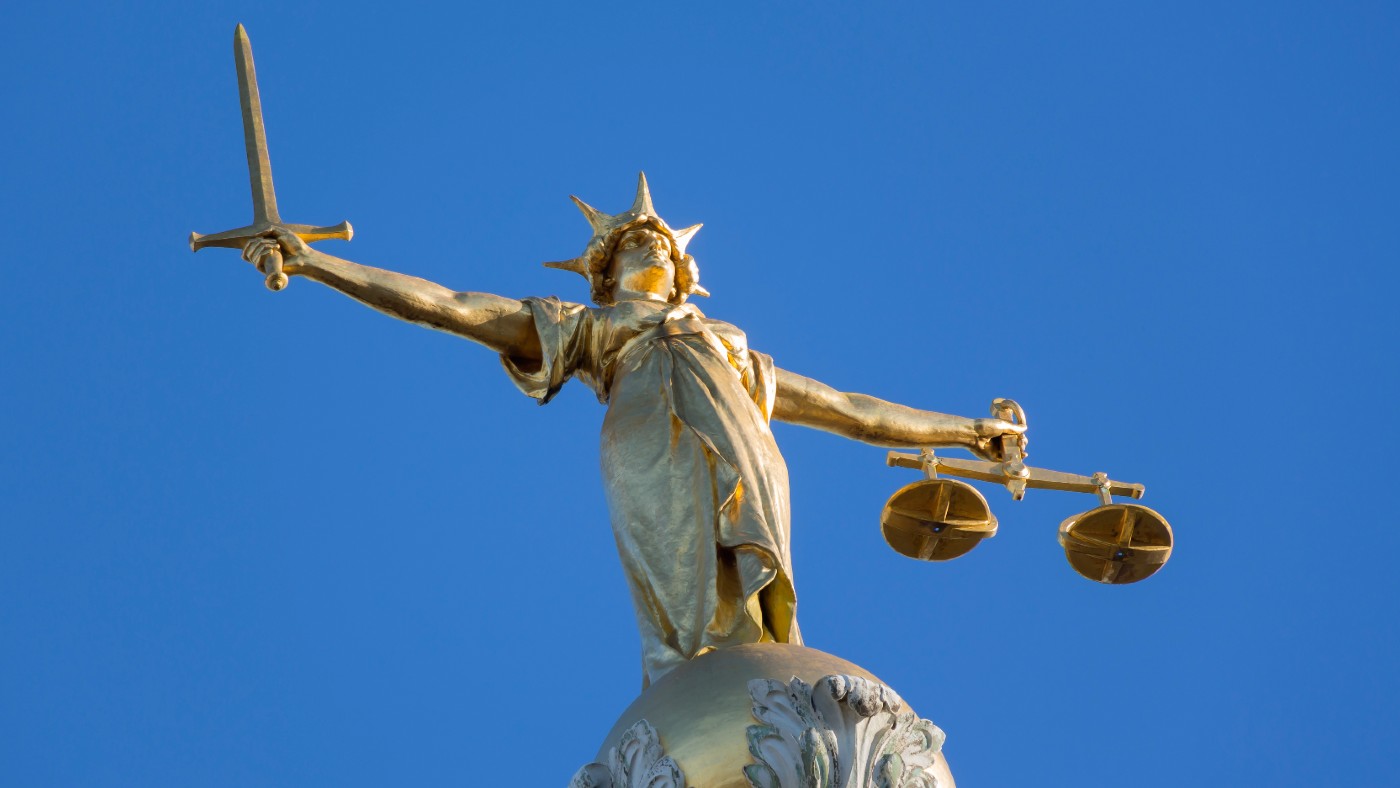 What’s causing the ‘chaos’ in the UK criminal justice system?
What’s causing the ‘chaos’ in the UK criminal justice system?Today's Big Question Shortage of prison cells and real-terms pay cut for solicitors has increased talk of ‘crisis’
-
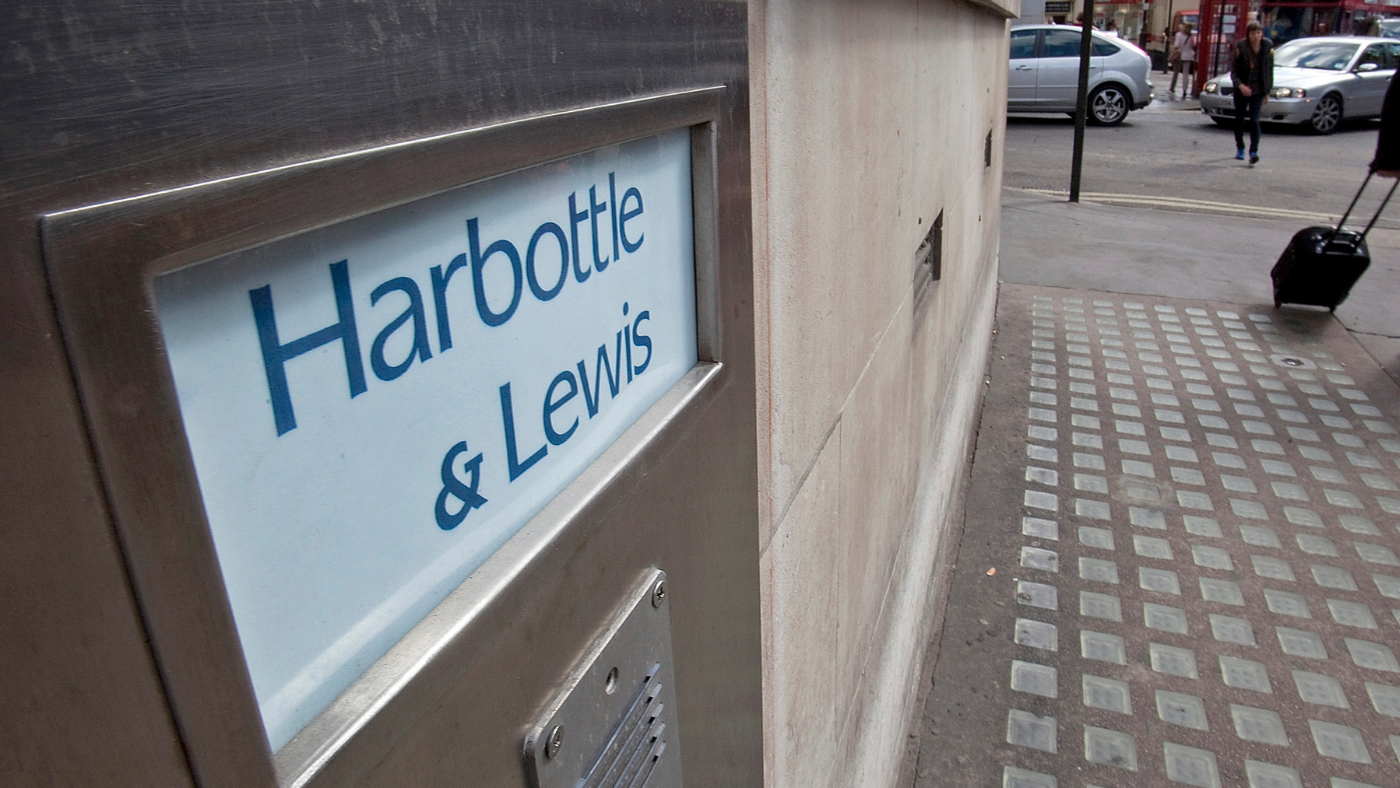 ‘Putin’s henchmen’: should lawyers be barred from acting for oligarchs?
‘Putin’s henchmen’: should lawyers be barred from acting for oligarchs?Today's Big Question Ministers have accused ‘amoral’ lawyers of working for allies of Russian president